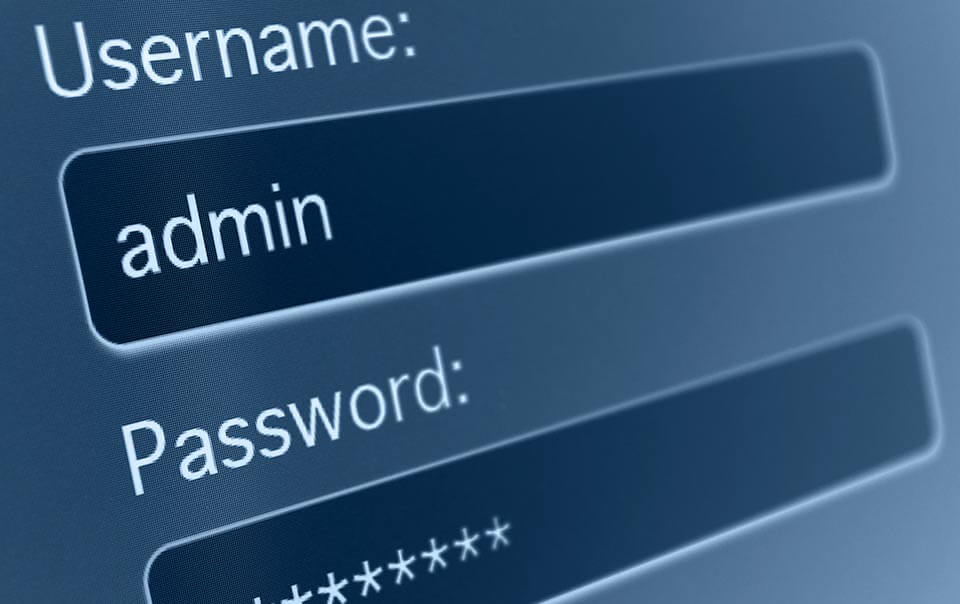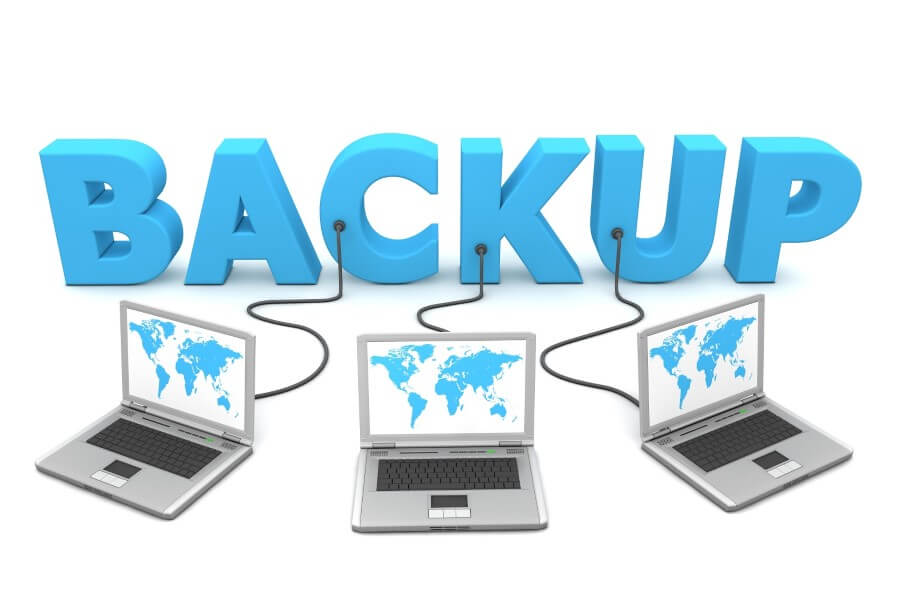The Basics of VPS Security
In order to guarantee a safe and secure VPS environment, it is imperative that you follow these simple steps once you receive the access credentials to your Jolt VPS.
While it’s true that one of the benefits of virtualization is that the physical host would not be affected should a virtual private server’s security were weakened, you wouldn’t want to risk exposing your VPS to harm, to begin with. The key is to prioritize security for whatever reasons you are operating a VPS.
Tips for Securing Your VPS
- Install any and all available software updates – New weaknesses are determined and exploited every day. This is why it’s important to find out if there are any available security updates for the Linux distro installed on your virtual private server, not just in the beginning but also periodically.
- Choose strong, secure passwords

Some of the most common security threats include brute force and dictionary attacks. The importance of choosing strong and complicated passwords when you create or maintain VPS user accounts cannot be overstated. Refrain from using passwords that are easy to guess. Such as street names, names of family members, pet names, and ordinary words found in the dictionary. Experts define strong passwords as having a complex blend of capital and lowercase letters, numbers, and special characters, with a minimum of 8 characters. It is recommended that you change your passwords frequently and that you require your users to do the same.
- Use a secure file transfer method – While FTP is one of the most popular file transfer methods, it really isn’t the safest. We recommend using encrypted SSH if you want to protect your sensitive data. SFTP is one such method.
- Backup all your files

Schedule routine, off-site, automated backups so that you can easily recover should anything untoward occurs.
- Delete unused user accounts – Keeping user accounts that have expired, are not in use, and are left from previous users exposes you to potential security risks. It’s best to delete any and all unused user accounts. And retain only those that are currently active and in use.
- Utilize a firewall – Services, ports, and applications should be protected as strictly as possible. Keep a close eye on your system and web server logs. Frequently checking for signs of attempted intrusion. Make sure to block those IP addresses or IP ranges. Only allow inbound traffic from trusted IP addresses on sensitive ports.
The administrative work that a VPS entails, while not exactly the same as a dedicated server, is quite similar. In order to enjoy the benefits of your VPS, you need to give it your full attention and ensure its security.
